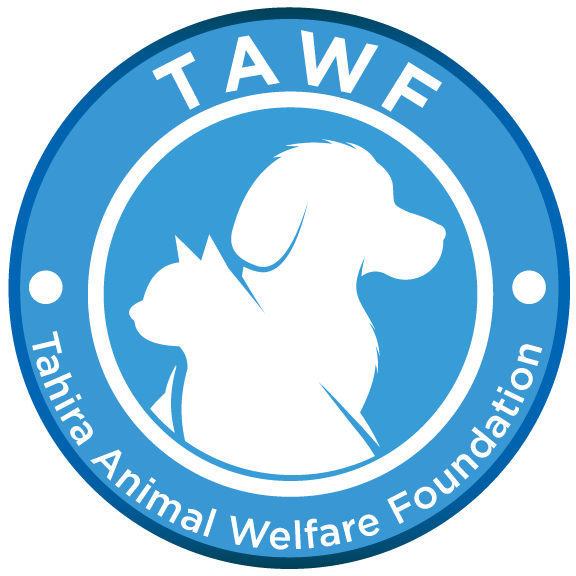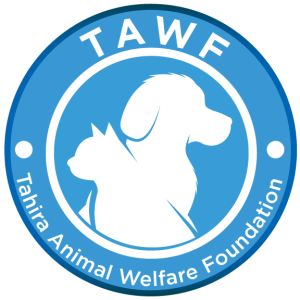TNVR Project
Pakistan’s stray animals face dire conditions, primarily due to overpopulation. TAWF aims to address this critical issue by humanely managing the population of free-roaming dogs, which are often perceived as a public threat due to aggressive behaviour and rabies transmission.
Rabies remains a significant problem in Pakistan, with the World Health Organization estimating up to 5,000 annual fatalities. The country suffers from an acute shortage of rabies vaccines, particularly in rural healthcare centres, leading to preventable deaths, especially among children. Most human infections result from dog bites, and cases are typically diagnosed based on clinical symptoms alone.
Government authorities have resorted to inhumane methods of controlling the stray dog population, such as shooting or poisoning them. TAWF is advocating for and implementing a humane alternative to address this issue. Our TNVR Project, launched in November 2020, is Pakistan’s first dedicated TNVR program. It aims to reduce the number of stray dogs and alleviate the suffering caused by rabies for both humans and dogs. Through this project, we strive to eliminate rabies and make the country’s third-largest city rabies-free.
The Need for TNVR:
The population of stray animals, including cats and dogs, grows rapidly yearly due to inadequate governmental measures for TNVR. Inhumane practices like shooting or poisoning homeless animals are unacceptable means of controlling their population. Due to economic challenges and other factors, the government has not fully implemented the TNVR policy. Governmental authorities are culling strays through poisoning and shooting to reduce their population. TAWF’s TNVR Project is a crucial step towards promoting humane and effective solutions for managing stray animal populations in Pakistan.
Rabies Mass Vaccination:
As part of the TNVR project, our team visits various predetermined areas to vaccinate both stray and pet dogs against rabies. We tag vaccinated dogs, allowing us to identify them for booster doses and eventually bring them to our shelter for sterilization.
How the Process Works:
Rescue teams capture dogs from different areas of the city. Following their recovery from sterilization surgery, vaccinations, and other veterinary care, the dogs undergo behavioral training before being released into select areas of the city. Our dedicated volunteers and community animal lovers monitor the dogs, providing food and water on the streets and contacting us if any animal requires additional veterinary attention.


